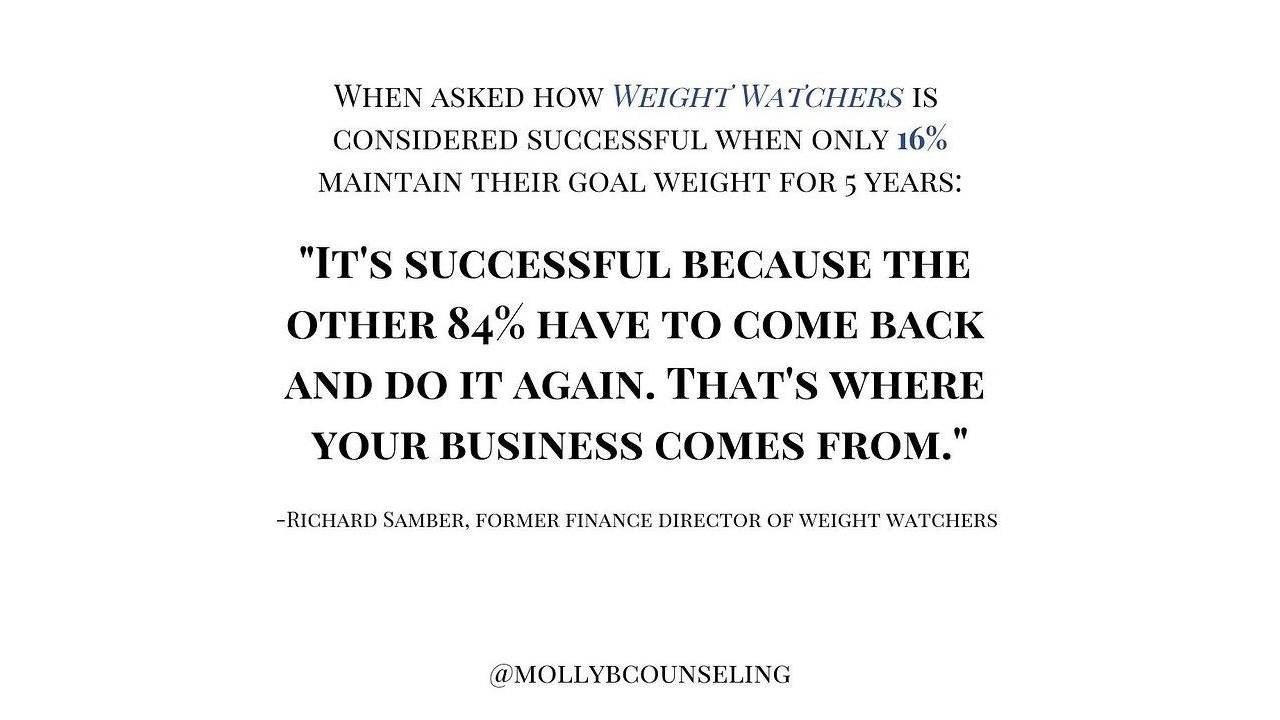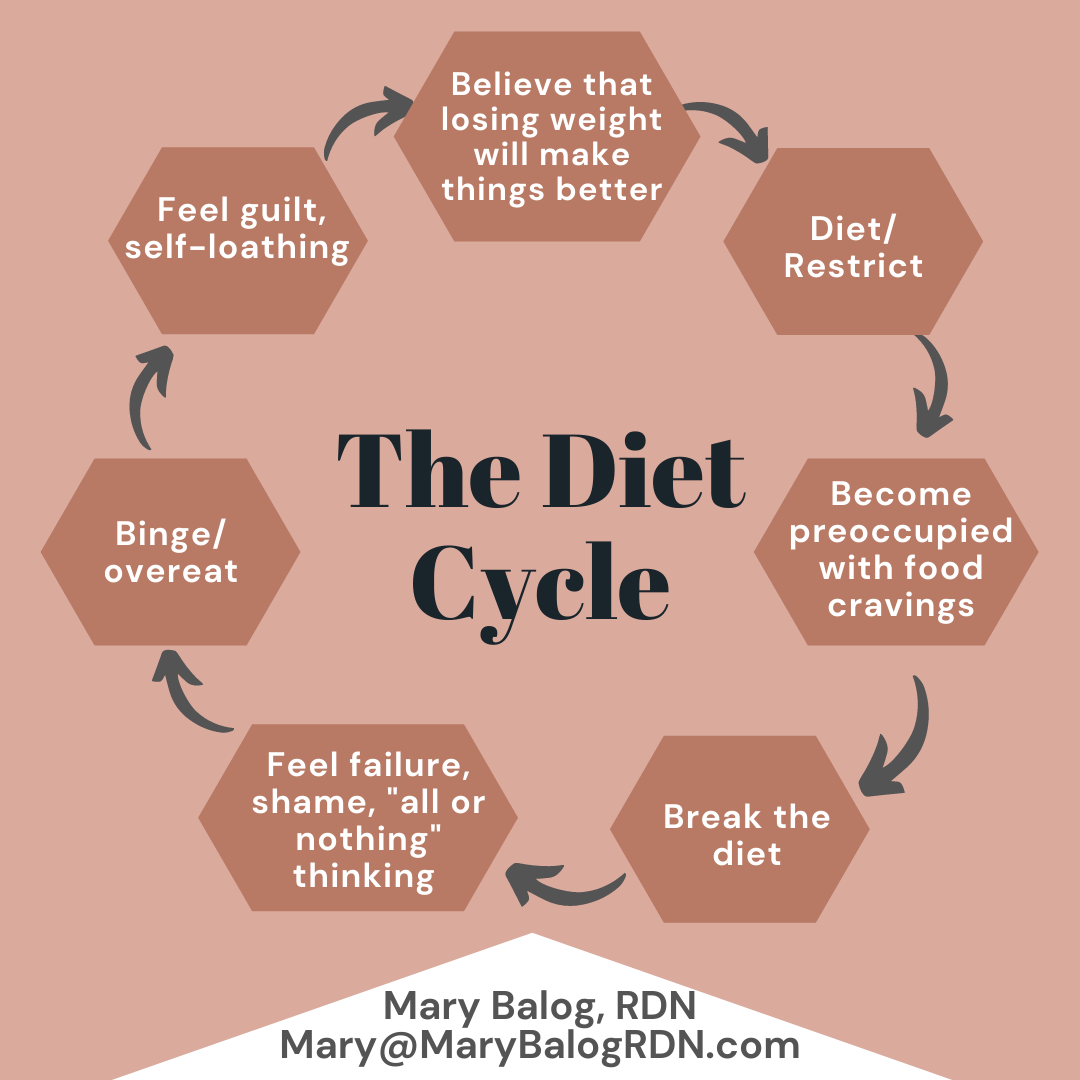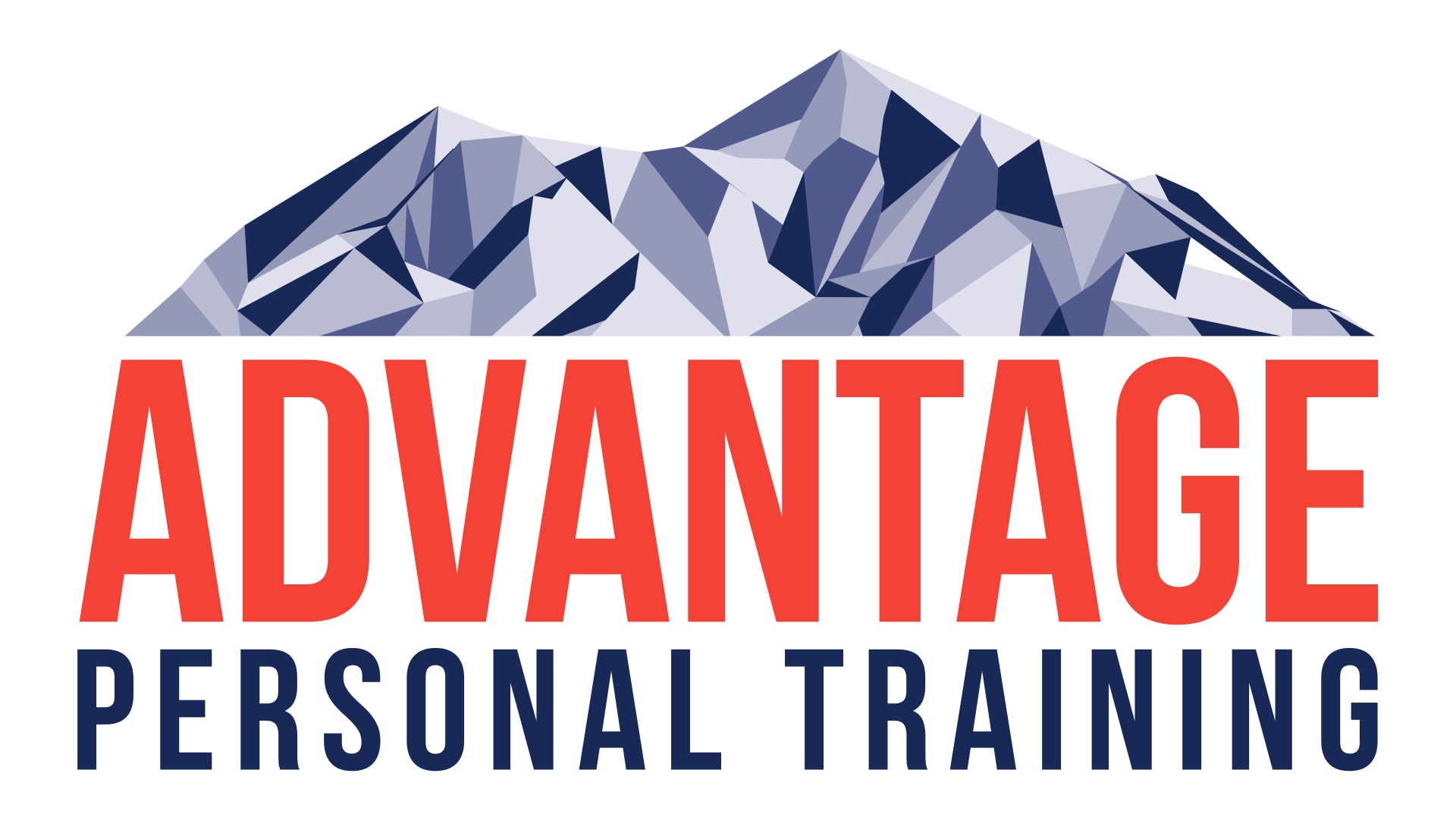Squats for Athletes?
Just because you can lift a bunch of weight on the bar doesn’t make you athletic. If you aren’t training for a powerlifting meet, you should be focusing on single leg training and multidirectional movements.
There are some really good lifters at this facility. Some of the Advantage members are really strong, and technically sound in the Big 3 (squat, deadlift, bench press) and Olympic lifts. It’s to the point where they are teaching me more about some Olympic lifts and powerlifting than I have taught them. When it comes to lifting heavy weights on a bar, they are the authorities at Advantage. But there is only 1 sport that demands you lift heavy weight on a bar. Weightlifting!
The other day, our strongest member (we are talking max numbers with 5’s, 6’s and 7’s as the first numbers) was looking to vary his training a bit. He asked me to show him a Bulgarian Split Squat, which for those of you who train with me, I call a Rear Foot Elevated Squat. Just to warm up and get used to the movement, he put 135 pounds on the bar. I coached him through the setup and had him do a few with his bodyweight only. Once he was satisfied with the movement, he got under the bar to start his warm up set, picked it up off the rack…
and failed miserably.
Before the lift even started, he swayed, wobbled, hopped, and reached to get his foot on the bench behind him. Once he got his foot set, he was so tired he had to rack the weight and switch feet before attempting an actual squat. He got his other foot comfortable on the bench, did 2 or 3 shaky quarter-squats and put the weight back saying “Those are too hard.” This is a man who can lift up the back of an El Dorado! The weight on the bar was less than 1/4 of his max squat weight, and it humbled him. I had him try with dumbbells, same result. He flat out couldn’t display strength with 1 foot on the ground.
This isn’t the first time I have seen this. Another member is a very impressive lifter with a bar. Flawless technique, great strength, and very athletic. Or so I thought. I saw him attempt a Turkish Get Up and he looked like Bambi on ice. Once you get great weightlifters out in the open where they are forced to do more than move weight straight up with 2 feet on the ground, the game changes for them. One famous study by Stuart McGill shows there is no significant difference between average bench pressers and extremely high end bench pressers in a standing 1-arm cable press. This means just because they can put up a bunch of weight on the bar, doesn’t mean that strength will transfer to athletic performance.
So think about the way you or someone you love is training for functional strength or athletic performance. Does the training still revolve around loading a bar and doing traditional squats, deadlifts, and bench presses? If so, they may be getting better at weightlifting, but you might not see those new skills transfer to the playing field. At what point in an athletic competition are both legs pushing in the same way, and both arms set at a fixed distance doing the same thing? I go into this observation a bit deeper in my Unilateral and Multiplanar Training presentation, but hopefully asking a few questions about your training leads you to change your focus.
Programs that are centered around the bench, squat, and deadlift are good for weightlifting, but not necessarily good for team sports. Your body works in balance through reciprocal motion, and should be trained with that in mind. At Advantage Strength, we occasionally use a bar for basic strength development, but other than that we go right into single leg variations. This trains your body to work in a way you spend most of your time during movement…on one leg.
Train well,
Brian




Advantage Personal Training is an Ann Arbor based Family Oriented Gym, focusing on the training needs of individuals, small groups and youth athletes. Meet with a results-oriented personal trainer and put yourself on the path to a more active life!
SERVICES
CONTACT INFORMATION
Hours of Operation
Mon to Fri: 6:00 AM - 8:30 PM
Sat: 8:30 AM - 12:30 PM
Sun: CLOSED
All Rights Reserved | Advantage Personal Training


